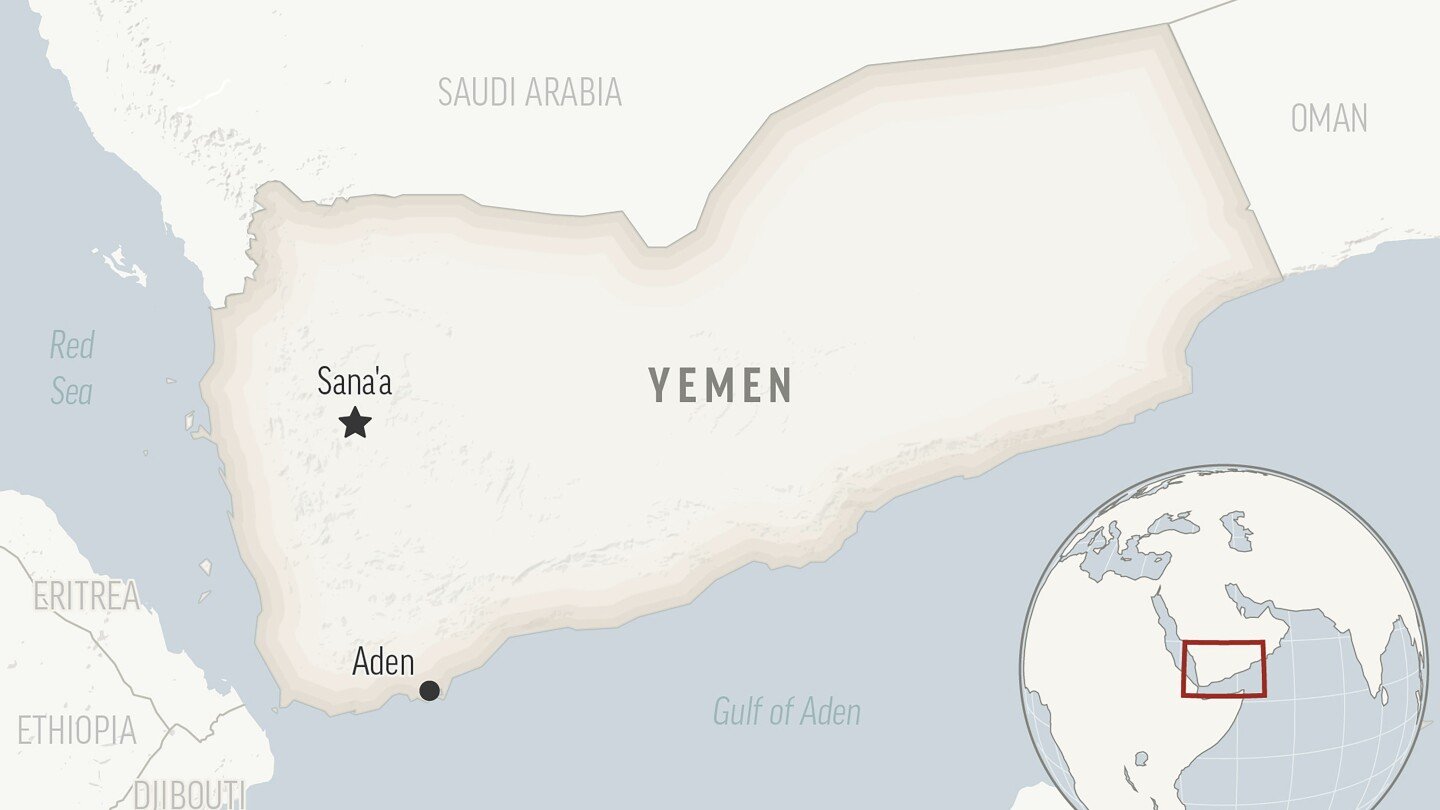

I have a very, very tiny folding knife (less than an inch blade) on my keychain, and unless I’m flying somewhere, I always have that, and I suppose that that could cut a seatbelt, though I doubt that it’d be likely for the seatbelt to jam. No glass punch, though.











I do.
I think that it’s one of the services that dramatically enhances both my online experience, but also the world’s. And I’d rather have it donation supported than ad-supported or similar.
There aren’t many services that I’ll donate to, but this is one.